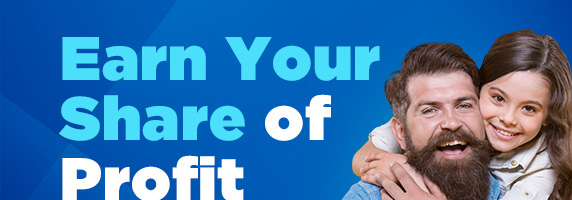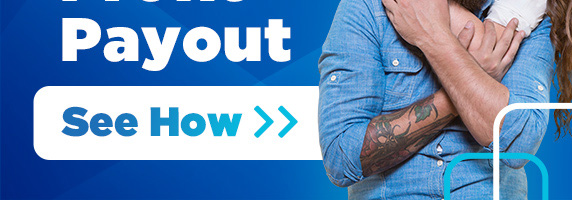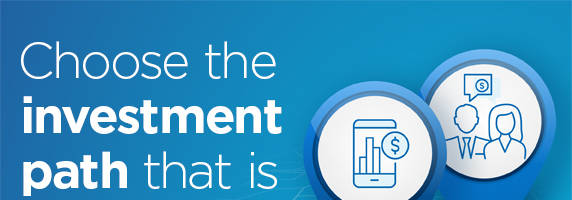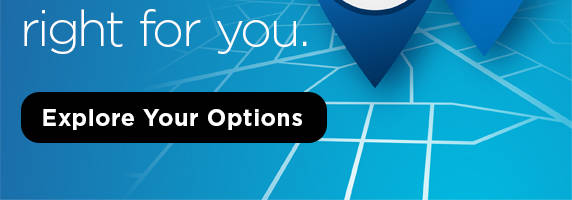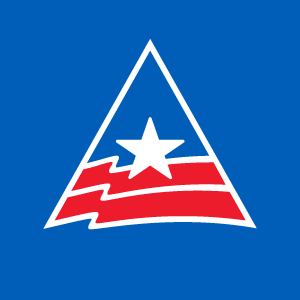Protect Yourself from Coronavirus Scams
The much-anticipated rollout of the CARES Act Economic Impact Payments (also known as stimulus checks) kicked off this week. In the coming days and weeks, the IRS will deposit your check directly into the account used on your most recently filed tax return or will send you a paper check by mail. Unfortunately, along with this relief program, we'll likely see an increased effort by scammers to take advantage of people's fears and confusion. Here, we provide you with the information you need to avoid becoming a victim.
Phone Calls
If you get a call from someone claiming to be from the IRS, some other government agency, or “your financial institution," do not communicate with them. Avoid answering calls from blocked or unrecognized numbers, but know that scammers are clever enough to spoof phone numbers, including our own at CommunityAmerica. Our teammates always identify themselves on the phone and will never ask for your account credentials, password or PIN number on a call.
Emails
Scammers can also send emails that appear to come from someone you trust to get you to click malicious links in order to obtain your information. Double check the sender's name and full email address for inconsistencies like misspellings. In terms of the body of the email, any variation from the full and correctly spelled CommunityAmerica name (not Community-space-America) should be viewed with suspicion. Do not click on links in unfamiliar emails or texts — always delete them.
Text Messages
Spam texts are another technologically savvy tool scammers can use to try to trick you. They could even claim to have some information about your account or card number, which they may say you need to verify. As with emails, never engage with text messages from unknown sources and don't click any links that may be provided. Delete, block and report.
Fake Checks
Finally, be on the lookout for fake checks. If you receive a check for an odd amount (especially one with cents), or a check that requires you to verify it online or by calling a number, it could be fraud.
To learn more about fraud prevention during these uncertain times, visit our dedicated webpage. Stay in the know about recent scams with this resource from the FTC, and for the latest updates concerning Economic Impact Payments, head to the IRS website. Lastly, you can always give us a call at 913.905.7000 to confirm the legitimacy of a communication.
